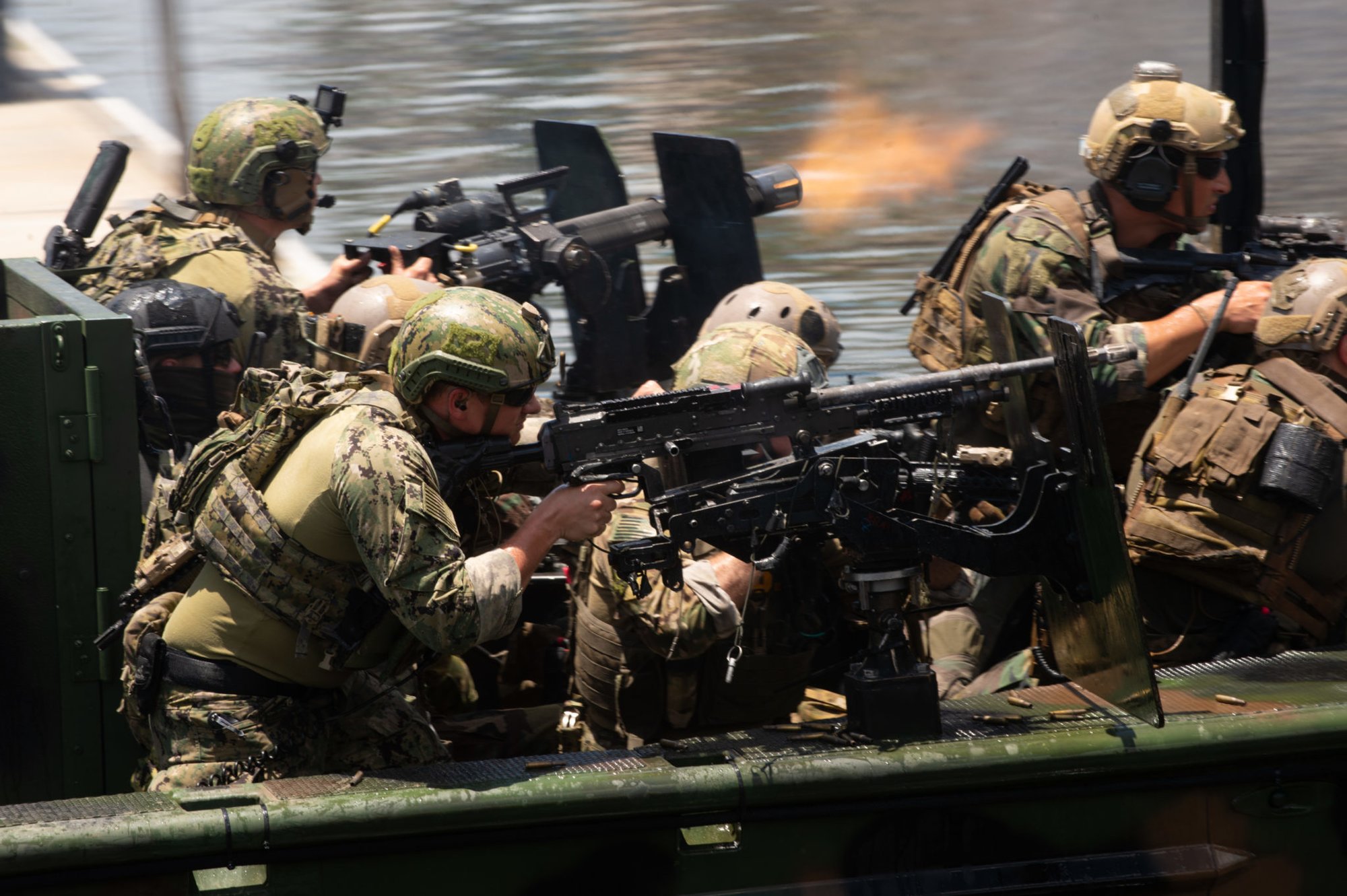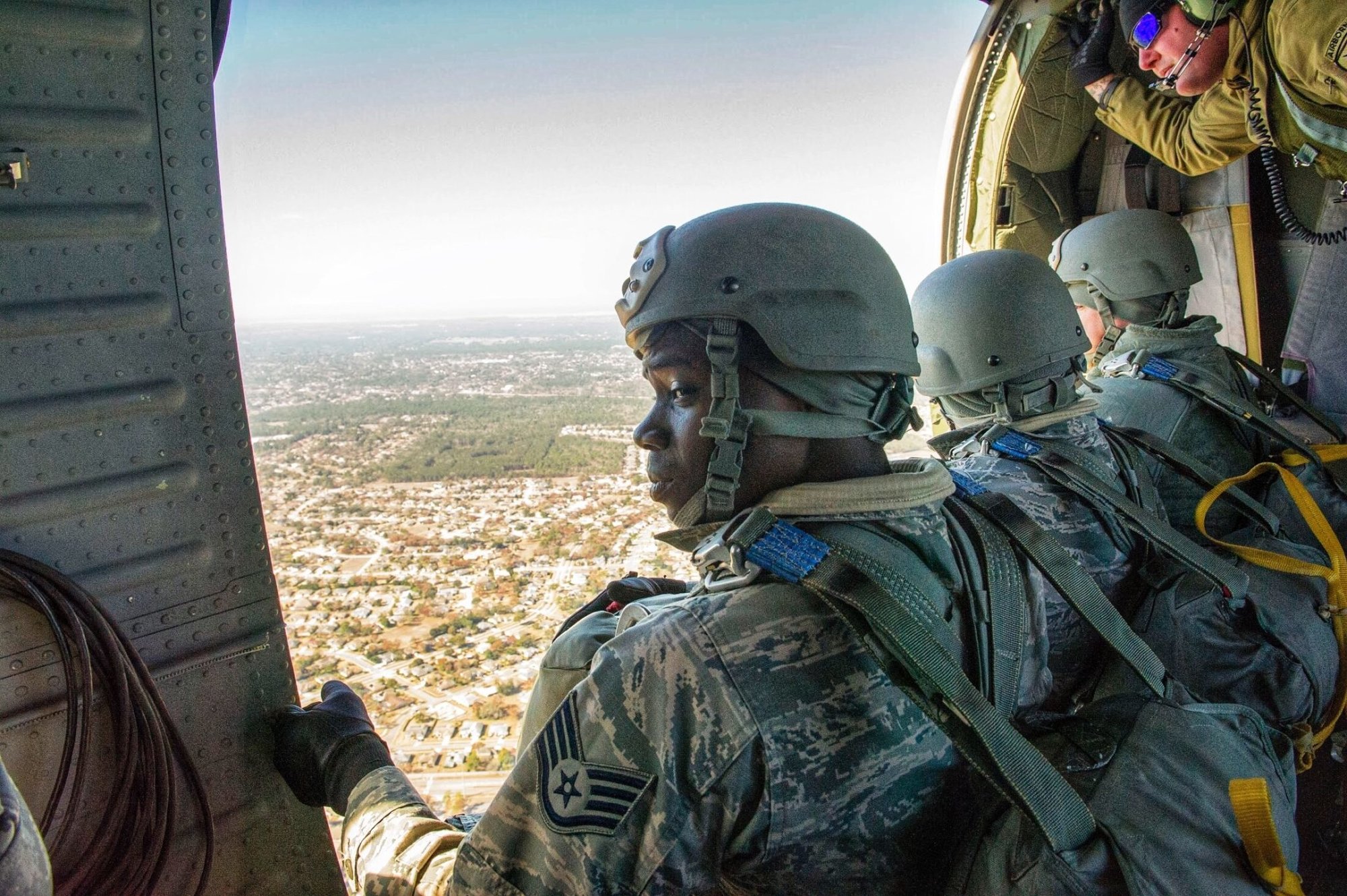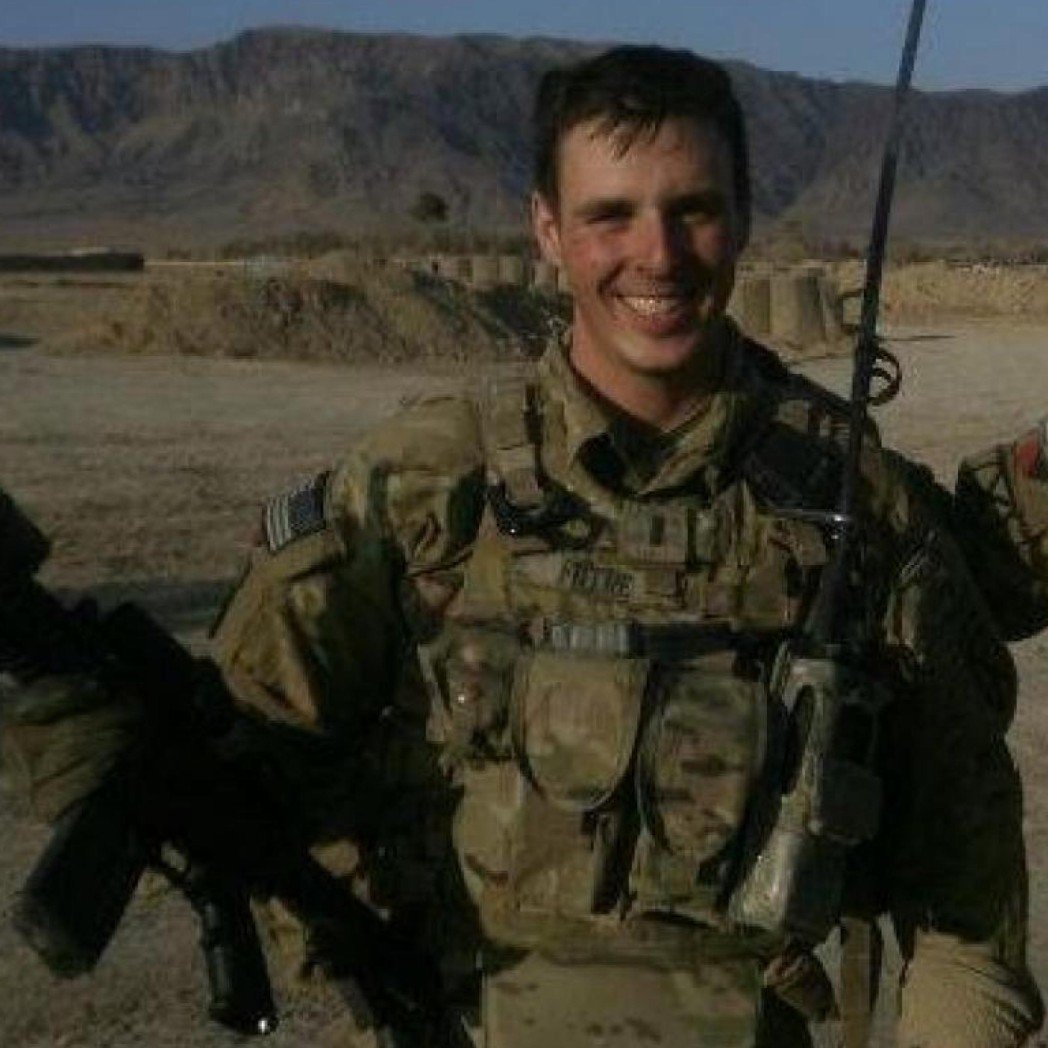
Multinational Special Operations Forces conduct an amphibious assault from a Special Operations Craft – Riverine boat during a capabilities demonstration as part of the 2018 International Special Operations Forces week in downtown Tampa, Fla., May 23, 2018. ISOF is the premier conference for the SOF community to advance the understanding of international SOF challenges. (Photo by U.S. Air Force Master Sgt. Barry Loo)
U.S. Army General Raymond Thomas III, commander of U.S. Special Operations Command, said in a video released earlier this month that Special Operations Forces will be required to undergo testing for traumatic brain injury (TBI) before being cleared for deployment.
“Effective immediately, neurocognitive testing will be administered after completion of assessment and selection, at the start of SOF qualification training,” Thomas said in the video. “Units will be required to test all SOF-qualified warfighters who do not already have a documented assessment test. SOF warfighters will be nondeployable until this baseline is recorded.”
While the “USSOCOM Brain Health Initiative” video highlights that “more than 80 percent of TBI exposures are mild,” early treatment is essential for the prevention of adverse side effects. The testing will be repeated every three years.
The new policy was announced shortly after a report on ethics and professionalism was issued by the Department of Defense (DOD). The report, required by the National Defense Authorization Act, was delivered to the House and Senate Armed Services Committees earlier this month.
A major notation of the report is that U.S. Special Operations Command (USSOCOM) and special operation components within the branches of the military will be examining the role of “operational trauma” with regard to misconduct by special operations personnel.
According to the report, “Further research is required to determine if … typical abnormalities associated with traumatic brain injury (TBI) adversely impact judgment, decision-making and behavior.”

This recognition of potential cognitive effects from trauma underlines the report’s inquiries into the “undertaking [of] an assessment of the cumulative effects of over seventeen years of continuous combat.”
The seven-page report has been released at a time of increasingly public criminal misconduct within the special operations community.
Thomas has issued “a 90-day focus period on core values” in regard to special operations culture. This period will include reviews of instructional programs and command climate surveys, completed by troops.
According to USSOCOM Public Affairs Officer Ken McGraw, the command’s review will pay special attention to “any trends across the force rooted or impacted by SOF (Special Operations Forces) culture.”
Currently, there is approximately 70,000 personnel assigned to SOCOM, and they are deployed to 149 different countries.

Neil Fotre is a contributing writer for Coffee or Die, and former U.S. Army Armor Officer. He has served operational deployments in South Korea and Afghanistan. Neil earned a master’s degree in journalism from the Medill School of Journalism at Northwestern University. He covers military and veteran community topics. His writing has been featured in the Military Times, Forbes, the Daily Beast, Task and Purpose and Business Insider. In between pounding his fingers on a keyboard, he is constantly glugging away on seltzer water and sipping on dark roast… pinky out.
BRCC and Bad Moon Print Press team up for an exclusive, limited-edition T-shirt design!
BRCC partners with Team Room Design for an exclusive T-shirt release!
Thirty Seconds Out has partnered with BRCC for an exclusive shirt design invoking the God of Winter.
Lucas O'Hara of Grizzly Forge has teamed up with BRCC for a badass, exclusive Shirt Club T-shirt design featuring his most popular knife and tiomahawk.
Coffee or Die sits down with one of the graphic designers behind Black Rifle Coffee's signature look and vibe.
Biden will award the Medal of Honor to a Vietnam War Army helicopter pilot who risked his life to save a reconnaissance team from almost certain death.
Ever wonder how much Jack Mandaville would f*ck sh*t up if he went back in time? The American Revolution didn't even see him coming.
A nearly 200-year-old West Point time capsule that at first appeared to yield little more than dust contains hidden treasure, the US Military Academy said.












